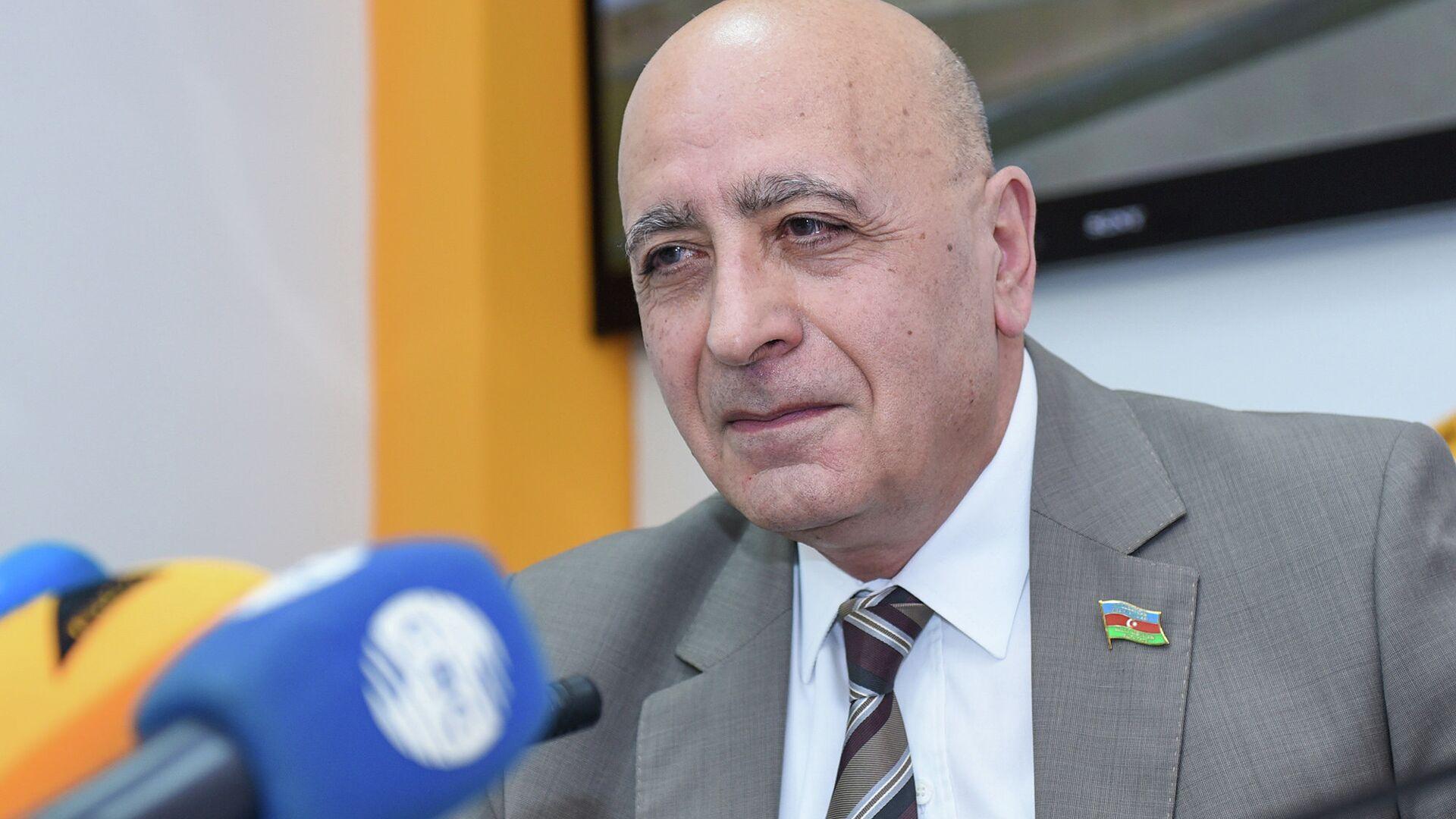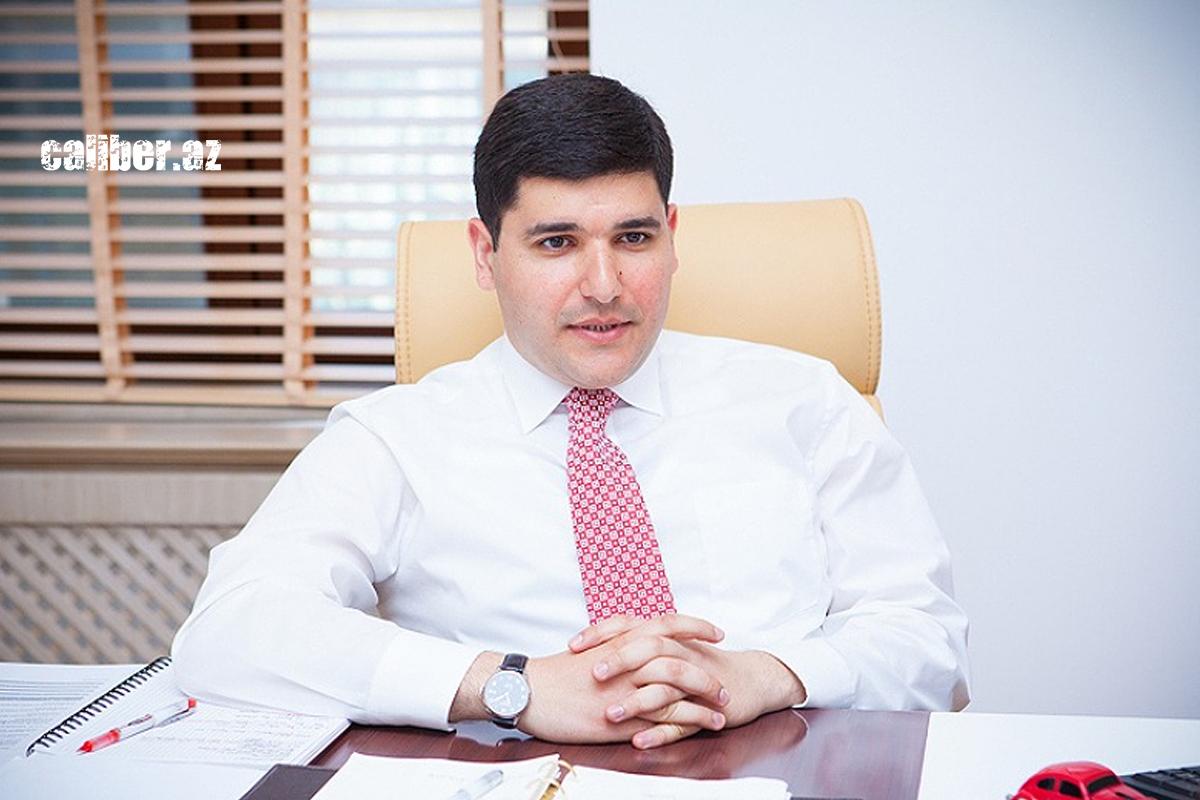Disputed points of concluding an Armenia-Azerbaijan peace treaty Experts analyse
Armenian Deputy Foreign Minister Vahan Kostanyan said that Yerevan and Baku still have certain disagreements on the text of the peace agreement, but the work on the document continues. "There is readiness on Armenia's side to sign and implement the agreement on the settlement of relations and peace. As for Azerbaijan's position, as we said earlier, there are still some disagreements," Kostanyan said.
Meanwhile, the work on delimitation and demarcation of the border is in full swing, and on May 24 came the happy news: four Azerbaijani villages - Baghanis Ayrim, Ashaghi Askipara, Kheyrimli and Gizilhajili returned to Baku's control. From the same day, border guards of Azerbaijan and Armenia started to protect the border on both sides.
The Armenian side's willingness to further cooperation is certainly encouraging, but for full clarity we would like to understand what exactly is the essence of obstacles in the text of the peace treaty, on which, according to Kostanyan, Baku is still unable to reach an agreement with Yerevan? Caliber.Az correspondent asked Azerbaijani political scientists to answer this question.

Thus, according to a member of Azerbaijani Parliament, political scientist Rasim Musabayov, during the negotiations, not to the detriment of confidentiality, it is important to inform the society about how the work on the peace treaty on normalization of Armenian-Azerbaijani relations is moving. Based on the official statements by the two countries’ Foreign Ministries, as well as certain leaks in the media and the logic of the negotiations, one can draw certain conclusions about their current state. So far, the issue of delimitation and demarcation remains a stumbling block.
"The fundamentally important issue that Yerevan and its foreign patrons insisted on - the point on guarantees of the rights of Karabakh Armenians after last year's anti-terrorist measures by the Azerbaijani Armed Forces and the voluntary exodus of Armenians from Karabakh - has been removed from the agenda. There is nothing more to discuss and agree on this topic".
Armenians insisted on the inclusion of external guarantors of its fulfillment in the text of the peace treaty, which Baku unequivocally rejected. This topic is also closed, if only by the fact that the negotiations between the parties take place in a bilateral format without the participation of any mediators.
Yerevan proposed to specify the area of the territory of both states in the treaty. This is ridiculous and does not apply in international practice. After all, the territory of Azerbaijan can increase at least due to natural reasons by a hundred or even a thousand square kilometers, for example, due to the lowering of the level of the Caspian Sea, which is currently observed. But at some time the Caspian Sea may regress and the land territory of the country will decrease. Hypothetically, there may be other changes in the territories of Azerbaijan and Armenia regardless of the concluded agreement.
By the way, the Armenian side insisted on 29,8.000 square kilometers of the country, while after clarification it was forced to adjust this figure to a more modest 29,743.000 square kilometers. So this proposal has been withdrawn as well," the MP noted.
In his words, the Armenian side also insisted on including a reference to the Almaty Declaration in the text of the agreement as a legal basis for territorial demarcation between the countries. And after lengthy discussions, the parties apparently found a mutually acceptable wording of this clause. At the same time, Armenian diplomats suggested specifying a map under which the delimitation of the state border would take place. As Musabayov notes, in practical work it is necessary to involve all maps, although some of them are accepted as the main one. As for Baku, its position was to leave this issue to the relevant government commissions formed to resolve border issues. Perhaps this issue is still open.
"The sides agreed to resolve the issue of enclaves/exclaves in the border delimitation process after four Azerbaijani villages of Gazakh district, previously occupied by Armenia, were returned to Azerbaijan. Negotiations continue regarding the unblocking of transportation communications. Yerevan insists that the opening be spelled out in the treaty itself, as it would like to be able to immediately utilize the transit of goods from Russia and Central Asia through Azerbaijan via passage through Georgian territory.
Baku insists that communications will be opened only if the roads through Meghri are restored for unimpeded communication between Nakhchivan and the main territory of Azerbaijan. It is difficult to say whether a mutually acceptable option on this topic will be found.
I do not rule out that Yerevan wants to insert a clause on the release of persons of Armenian nationality currently under investigation or already convicted into the text of the treaty, but it is unlikely that they will succeed. Even in the case of a positive attitude, such issues are resolved within the national legislation using such legal instruments as amnesty or pardon. Most likely, there are other controversial points, but the available information so far limits the abovementioned," Musabayov underlined.

At the same time, according to Farhad Mammadov, head of the Centre for South Caucasus Studies, the problem is that Yerevan advocates the use of too simple and generalized formulations in the text of the peace treaty.
"Remember this thesis of the Armenian side about "digital diplomacy", an attempt to prescribe in the treaty the exact size of the territories, although even here the Armenians have calculated everything backwards and forwards? In my opinion, Armenians are trying to simplify the wording as much as possible, while advocating excessive fetishization of the Almaty Declaration Azerbaijan does not want to agree to.
So the question still on the table for discussion seems to be: should the delimitation and demarcation of the border be linked to this declaration, and should the issue of unblocking communications be mentioned, and if so, in what form? Thus, the work is underway, and it is recognized that there are disagreements, but at the same time the parties emphasize that the process is not hopeless and is moving forward which in itself is not bad at all," Mammadov added.








